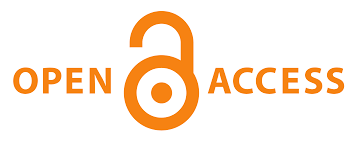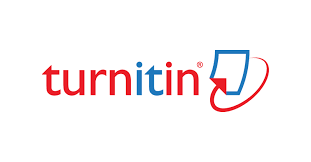Focus and Scope
JETLEE is a prestigious academic journal that plays a pivotal role in fostering intellectual discourse and advancing research in the domains of English Language Teaching (ELT), linguistics, and literature. This journal is characterized by its rigorous peer-review process and its commitment to maintaining a high standard of scholarly contributions. Published biannually, in February and August, JETLEE is an esteemed journal that brings together scholars, educators, and researchers from various corners of the world, fostering a vibrant academic community. Through its comprehensive scope, rigorous peer-review process, and commitment to advancing knowledge, JETLEE continues to contribute significantly to the evolution of language teaching, linguistics, and literature studies.
The primary objective of JETLEE is to facilitate the exchange of innovative ideas and research findings among professionals engaged in language education and related disciplines. By promoting interdisciplinary collaboration, the journal contributes significantly to the development and enhancement of various aspects of language studies.
The scope of JETLEE is comprehensive and encompasses a wide array of subjects within the realm of language and literature:
1. English Language Teaching (ELT): ELT focuses on pedagogical approaches, methodologies, and practices used in teaching English as a second or foreign language. It addresses issues related to curriculum design, classroom techniques, language assessment, and teacher professional development.
2. Linguistics: This section delves into the systematic study of language and its structure. It covers topics such as phonetics, phonology, syntax, semantics, and morphology. Researchers in this field explore the intricacies of language components and how they contribute to effective communication.
3. Applied Linguistics: Applied linguistics involves the practical application of linguistic theories to real-world language-related issues. This may include language acquisition, language assessment, language policy, language planning, and more. Researchers contribute to the development of methodologies and strategies to enhance language learning and teaching.
4. Language and Gender: This area explores the relationship between language and gender roles. It examines how language can reinforce or challenge gender stereotypes and how linguistic practices contribute to the construction of gender identity.
5. Language and Globalization/ World Englishes: With the world becoming increasingly interconnected, this aspect of the journal delves into how language is impacted by globalization and how it, in turn, influences global interactions. Topics may include language contact, language variation, and the role of English as a global lingua franca.
6. Language Research Methods: This section covers the various methods and techniques employed by researchers to investigate language-related phenomena. It provides insights into the methodologies used in linguistic and language education research.
7. Ethnics and Indigenous Language: This area is dedicated to preserving and studying the languages of indigenous communities and ethnic groups. It emphasizes the significance of linguistic diversity and the need to protect endangered languages.
8. Literature: The literature section of JETLEE offers a platform for analyzing literary works, exploring different literary theories, and engaging in critical discussions about literature's role in society and culture.
Contributions are in the form of Empirical Research, Book review, (Systematic/ Meta Analysis) Literature Review, and Case Study, Research Reports.


